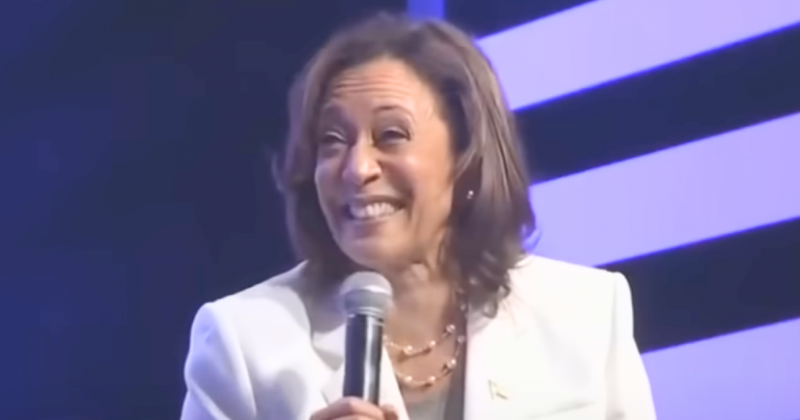Gov. Josh Shapiro (D-PA) said Vice President Kamala Harris “is going to have to answer” for not raising public concerns about President Joe Biden’s ability to do the job before the 2024 election.
He made the remarks during an interview with Stephen A. Smith that aired Thursday on SiriusXM.
Shapiro questioned why Harris, who was “in the room,” never spoke publicly about Biden’s condition during a critical period.
He said that while he chose to share his concerns privately with Biden’s team, Harris remained silent in public, a choice he suggested requires explanation.
Shapiro’s comments coincide with the release of excerpts from Harris’s forthcoming memoir, 107 Days, which goes on sale Tuesday through Simon & Schuster.
The book recounts her perspective on Biden’s withdrawal from the 2024 race, her short campaign against Donald Trump, and her decision-making process during that time.
Harris writes that she felt constrained when it came to urging Biden to step aside after his debate with Trump in June 2024.
The Guardian reported that she said she believed speaking out would be viewed as “poisonous disloyalty,” leaving her “in the worst position to make the case that he should drop out.”
In retrospect, she describes her silence as “recklessness,” saying the stakes of the election were too high for her not to act.
The memoir’s opening chapter begins on July 21, 2024, the day Biden informed her he would exit the presidential race.
Biden’s decision followed weeks of mounting pressure within the Democratic Party after his widely criticized debate performance.
Biden’s debate showing against Trump raised widespread questions about his age, stamina and mental acuity.
Party officials, donors and allies publicly and privately pressed him to reconsider his campaign.
Those concerns ultimately led Biden to announce he would no longer seek reelection.
Harris then launched a campaign lasting 107 days, the period referenced in the book’s title.
She faced Trump in the general election but lost in November, marking the end of her historic bid.
The book offers new details about her search for a running mate.
Resist the Mainstream previously reported that Harris writes that Transportation Secretary Pete Buttigieg was her “first choice” to serve as vice president but that she viewed the ticket as “too big of a risk” due to his sexual orientation.
She argued the Democratic ticket was already asking voters to accept a great deal: a woman, a black woman, and a black woman married to a Jewish man.
“Part of me wanted to say, ‘Screw it, let’s just do it,’” Harris wrote, referring to a potential Harris–Buttigieg ticket. “But knowing what was at stake, it was too big of a risk.”
Buttigieg expressed surprise at Harris’s explanation. He responded that voters ultimately judge candidates by what they will do for the country, not by “categories.”
Harris ultimately chose Gov. Tim Walz (D-MN) as her running mate. At the time, Shapiro was also considered for the role and was included on her shortlist.
In her memoir, Harris claims Shapiro appeared unusually preoccupied with the privileges and status of the vice presidency during the vetting process.
She wrote that he asked questions about the number of bedrooms at the vice president’s Naval Observatory residence and whether artwork from the Smithsonian could be borrowed to showcase Pennsylvania culture.
Harris added that she believed Shapiro would want to be “in the room for every decision,” signaling her perception of his ambitious approach to the role.
Manuel Bonder, a spokesperson for Shapiro, dismissed Harris’s portrayal as inaccurate.
He called the suggestions “simply ridiculous,” emphasizing that the governor’s focus was on defeating Donald Trump and supporting the Democratic ticket throughout the campaign.

